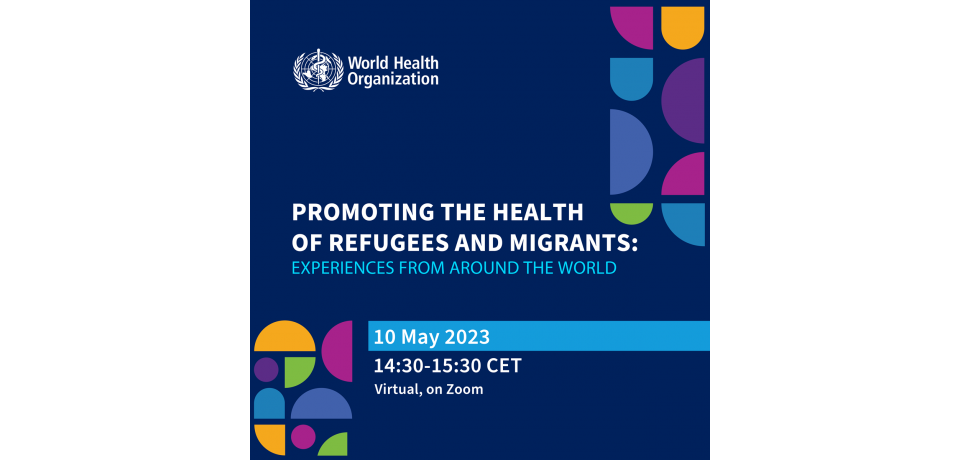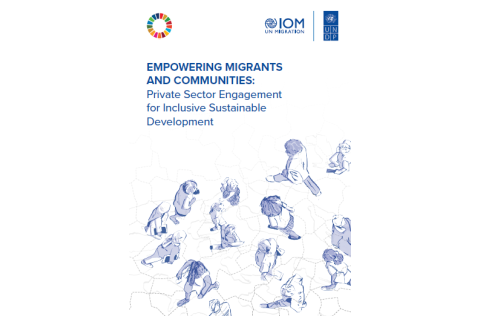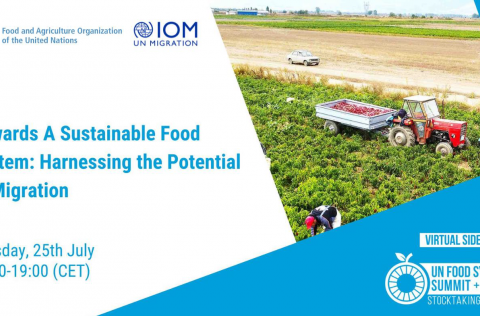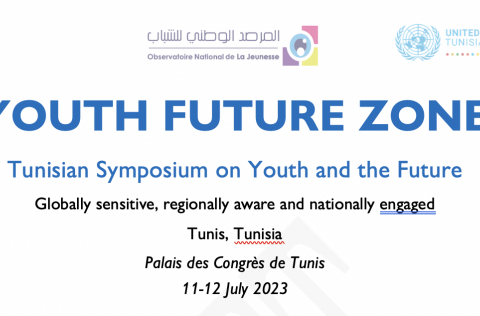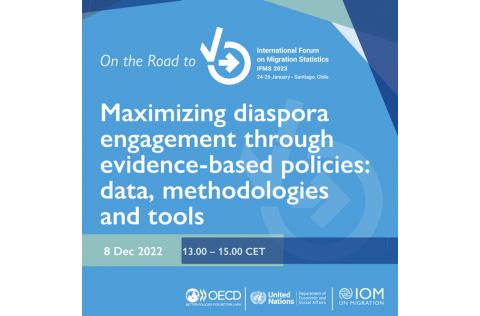EVENT Promoting the Health of Refugees and Migrants: Experiences from Around the World
Globally and in the past years, many countries have taken positive steps towards better health outcomes for the one billion people on the move.
The WHO Health and Migration Programme is organizing a one-hour webinar to voice promising practices at country level of national health strategies, policies, and programmes tackling the root causes of ill-health for refugees and migrants, following the adoption of the WHO Global Action Plan on Promoting the health of refugees and migrants (WHO GAP) at the seventy-second World Health Assembly, in May 2019. The event will illustrate strong governance models in delivering care to these populations, the lessons learned from implementing such positive practices, and collaboration across governments on refugee and migrant health.
The discussion will build on the country case examples outlined in the newly released publication Promoting the health of refugees and migrants: experiences from around the world and the discussion upon extension of the WHO GAP until 2030.
Objectives
- Reflect on recent examples of action taken by States to promote the health of refugees and migrants.
- Present key findings from the compendium of country case examples.
- Galvanize action to advance multilateral political commitments on refugee and migrant health and other relevant policy developments.
Audience
The event is open to everyone. The main target audience is Member State Representatives; UN organizations; academia; civil society representatives; relevant community members.
Agenda
A detailed agenda will follow soon.
